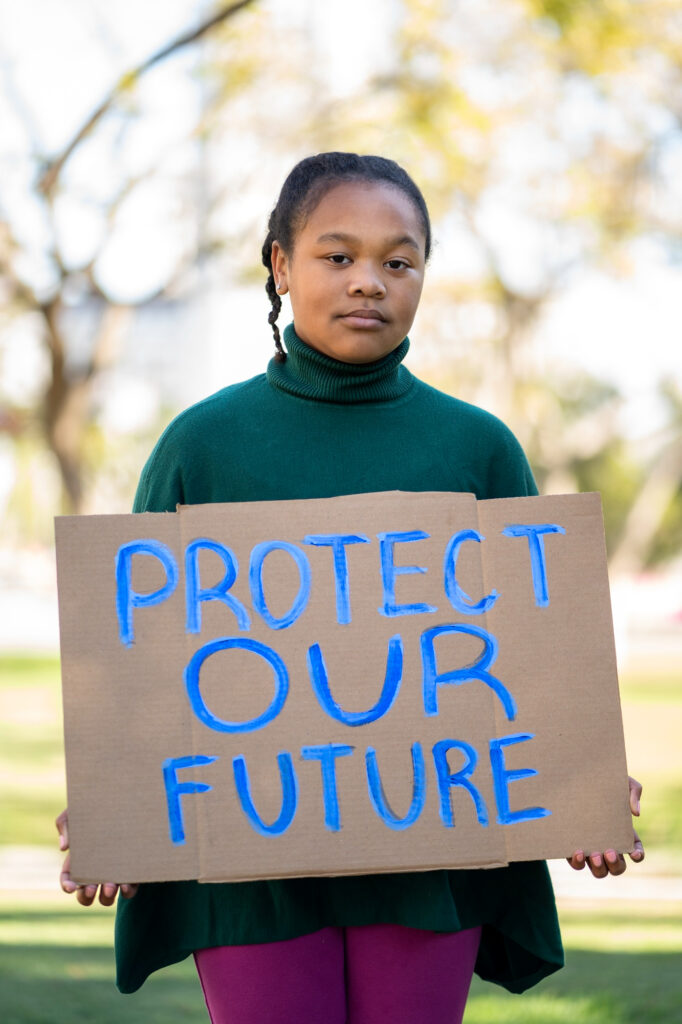
From flooding in Lagos to desertification in Niger, climate change is no longer a future issue — it’s disrupting lives right now. While global action is slow, local communities are stepping up with innovative, low-cost solutions to protect their environment.
Environmental awareness in Africa is growing, driven by youth-led movements, local NGOs, and indigenous knowledge. Farmers are learning sustainable agriculture techniques, schools are launching eco-clubs, and communities are turning waste into energy.
Tree planting, community cleanups, and climate storytelling projects are sparking real conversations and behavioral change. But these grassroots efforts need more visibility and support. Government policy often overlooks rural voices, and climate funding rarely reaches the frontlines where it’s needed most.
Education plays a critical role in preparing young people to think green — integrating climate literacy into school curriculums can lay the foundation for a more sustainable future. Meanwhile, media and influencers are helping to reshape public opinion and push for greener choices at all levels.
Conclusion:
Africa may be one of the most vulnerable regions to climate change, but it is also one of the most resilient. Local climate action is not just about survival — it’s about leadership.